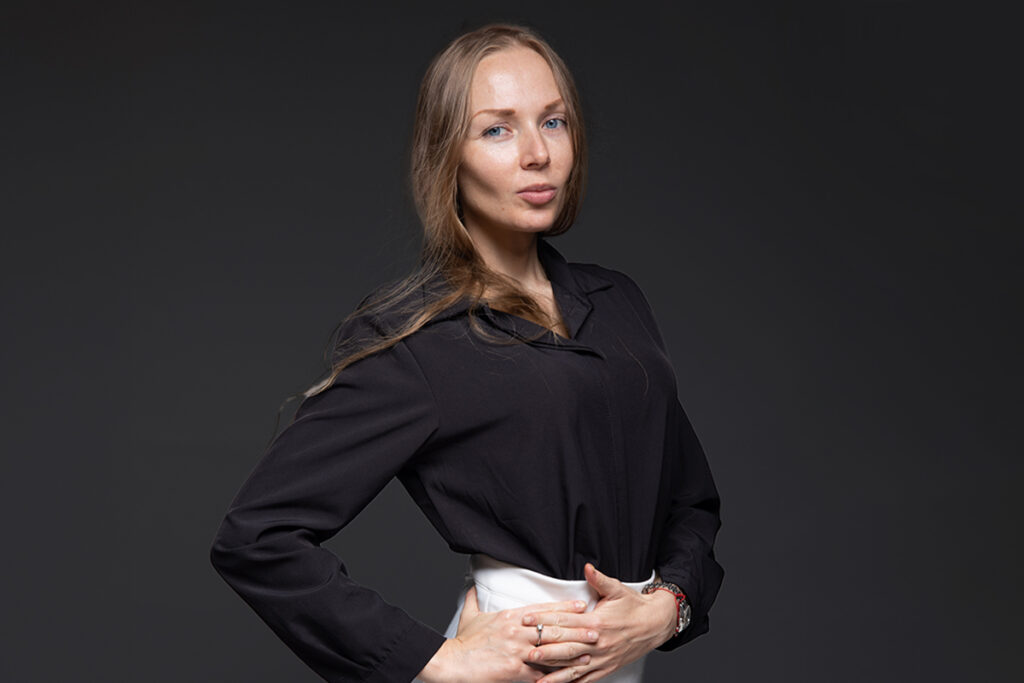Evelyne Bischof on cognition, biomarkers and the evolving science of keeping our brains younger for longer.
As our bodies age, so do our brains – but the pace and pattern are far from predetermined. At this year’s Global Longevity Summit (28–30 October 2025, Geneva), leading experts will gather under the banner Mastering the Aging Clock: The Science of Longevity to explore how breakthroughs in biology, technology and policy are reshaping healthspan.
Among them is Dr Evelyne Bischof, an internationally recognized longevity physician, Harvard- and Columbia-trained with clinical experience spanning Switzerland, the US and China. Known for her pioneering work in personalized longevity medicine and advanced AI monitoring, Bischof will take to the stage on Wednesday to ask how we can anticipate, personalize and optimize brain health – and whether it is possible to intervene before cognitive decline begins.
Longevity.Technology: For Dr Evelyne Bischof, anticipation is everything; if cognitive health can be charted before decline begins, interventions can be both timelier and more tailored. New biomarkers, advanced imaging and functional assessments are giving clinicians the means to detect subtle shifts long before impairment is visible – an approach that could reframe how we think about brain aging and neurodegeneration.
Yet diagnostics are only the first step; Bischof is equally concerned with interventions, from lifestyle and behavioral strategies through to pharmacological innovations and AI-driven therapies now moving through trials. Crucially, she places brain health not in isolation but within the broader landscape of biological aging – integrating omics, functional testing and mental health to create evidence-based, personalized trajectories. This is longevity medicine with a cognitive focus; it is about preventing decline rather than managing it, extending not simply life but the quality of thought, memory and resilience that underpin it. Ahead of the Summit, we sat down with Bischof to explore why mapping brain health matters, how new tools are reshaping prevention, and what it means for the future of cognitive longevity.
Evelyne Bischof on…
Mapping brain health early
At the Summit, I will talk about optimizing performance, particularly in terms of brain health – cognitive health and of course mental health that goes hand in hand – talking a little bit about the new biomarkers that we have to map brain health along the way as long as the person is considered healthy. I’ll look at some of the new technologies, how to recognize mild cognitive impairment at the very end of the stage, how can we actually make anticipatory guesses and calculated risks, health trajectories for brain health, and some of the new therapies that are out there being in trials already for curative purposes, but on the way to potentially be used also in a preventative setting.
From detection to anticipation
We at Sheba have this experience that hopefully will also translate into something very actionable for the national health care system, meaning we were able to really build a department with operations, with SOPs, with protocols, with quality assurance protocols for patients who are coming to see us for healthy longevity purpose. Those are healthy patients as defined in the analysis… in general, a population that is not terminally ill and not in a way that is so cognitively impaired that they would not be able to actually participate in the program of health improvement.
Building standards for longevity medicine
There is not a medical board that is certifying a doctor as a specialist in healthy longevity medicine or geromedicine. We are still clearing the definition, but we are definitely doing massive steps towards that progress. The standards that were published in Abu Dhabi and implemented there in the country were co-developed with the Healthy Longevity Medicine Society and are being implemented more and more, rolling out in other countries and other governments are also looking at implementing those standards or similar standards in their countries. Ultimately we want to have a discipline or a sub-discipline, want to have a certificate that will allow us physicians to feel we are trained.
Dr Evelyne Bischof will be speaking on Wednesday at the Global Longevity Summit in Geneva, in her session Cognitive Longevity & Neurodegeneration – Reversing the Brain Clock.

